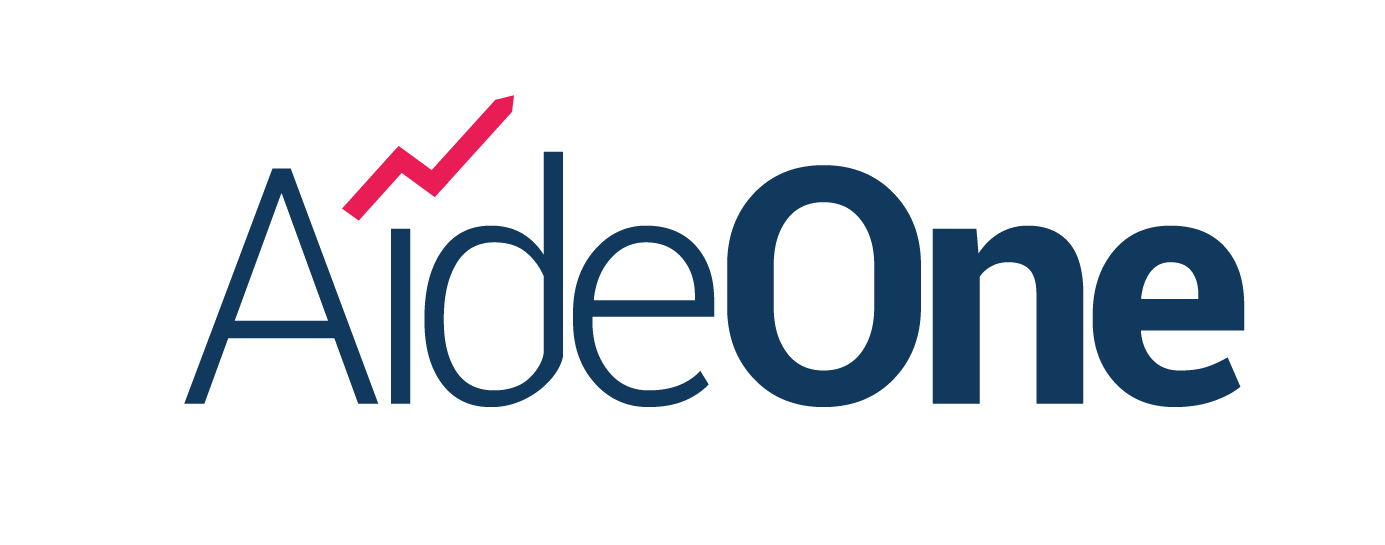From the articles
CASH FLOW STATEMENT – AS IMPORTANT AS A PROFIT AND LOSS STATEMENT

I’m always surprised when I meet Business Owners or their Finance Managers who don’t believe a cash flow statement is the most important part of the financial package when it comes to small business management.
SMEs run on cash and knowing where cash is and where it’s gone is among the most important things a small business owner should know.
Lately, I have been trying to help a colleague diagnose a construction company that is fairly big but having massive cashflow problems. This has been on for some years with their finance team unable to figure it out but we figured it all out once we prepared and analyzed their cashflow.
Yes, profits are incredibly important if you’re a small business, but cash is even more important. It’s possible that fast growing businesses can be profitable, and at the same time run out of cash. A cash flow statement can tell you if this is happening.
A cashflow statement will show you the impact of having high inventory, letting receivables grow or paying suppliers more quickly on your cash. Changes in any of the three areas won’t show up in your profit and loss statement. They will appear in your balance sheet, but you have to understand how to interpret the changes.
Your profit and loss statement won’t show you if you’re buying too much equipment. Your cash flow statement will. If you need equipment, you can see how that equipment should be financed.
As with equipment purchases, payments to your bank for principal don’t show up on your profit and loss statement. These changes in your cash position often mean your business will run out of money if not managed properly. They have nothing to do with your profit and loss statement but they have a huge effect on the cash in your business. And, there is a major rule of business; if you run out of money you don’t get to play the game anymore.
You've probably realized by now how vital a role the cash flow statement can play in analyzing your company's finances. Within your own company, it's a great tool for your own accounting department (or accounting person - if you're reading this, that's probably you!) because it can help determine whether there's enough cash flow to cover upcoming expenses and funding a project.
While most accountants struggle with preparing and understanding cashflow statement, it is as simple as preparing your accounts on cash basis rather than accrual basis.
Get your Cashflow ready or be out of the GAME!

